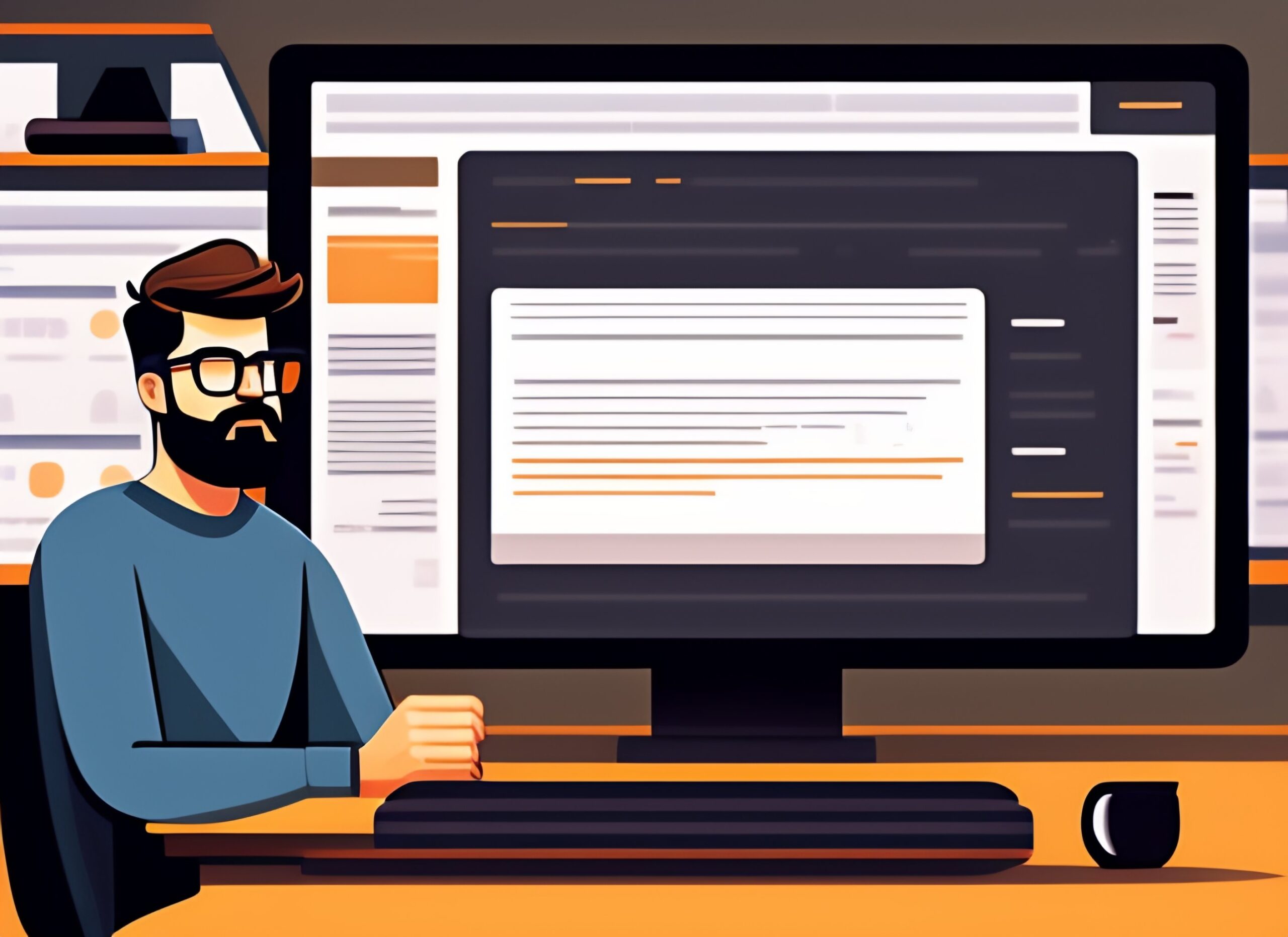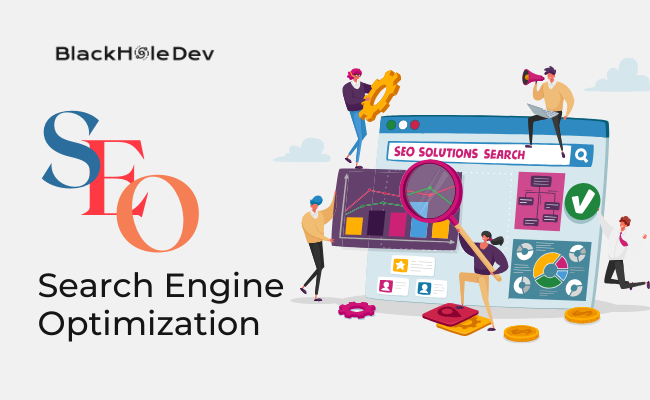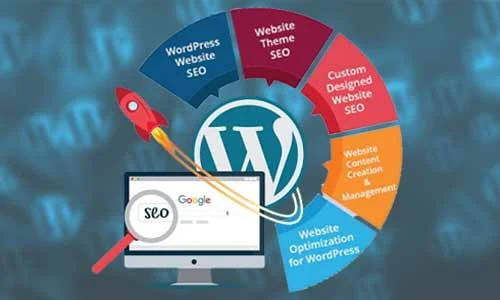Academic integrity is the foundation of education, emphasizing honesty, originality, and ethical practices in scholarly work. It ensures that students are evaluated based on their own efforts and ideas, promoting the pursuit of knowledge and critical thinking. However, with the vast availability of online resources, the risk of plagiarism has become a major concern. In response to this challenge, AI plagiarism checker have emerged as powerful tools to uphold academic integrity. This article explores the significance of AI plagiarism checker in educational institutions and their role in ensuring fair evaluation and originality.
Understanding the Significance of Academic Integrity
Academic integrity is vital for several reasons. Firstly, it maintains the credibility of educational institutions, ensuring that degrees and qualifications carry weight and value. Secondly, it fosters a culture of honesty and trust among students, promoting a healthy learning environment. Academic integrity also encourages students to develop their research and writing skills, as they understand the importance of originality and proper citation. By upholding academic integrity, institutions are better equipped to produce competent professionals who contribute positively to society.
The Rise of AI Plagiarism Checker
With the digitization of academic resources, the need for efficient plagiarism detection tools has become more pressing. This has led to the rise of AI-powered plagiarism checkers. AI plagiarism checkers use advanced algorithms to analyze and compare text with extensive academic databases and online content. They swiftly and accurately identify potential instances of plagiarism, aiding educators in assessing originality.
How AI Plagiarism Checkers Work
AI plagiarism checkers employ natural language processing and machine learning techniques to detect similarities between submitted texts and existing sources. These tools can identify direct text matches, paraphrased content, and even translations of plagiarized material. The algorithms used by AI plagiarism checkers are constantly evolving, becoming more sophisticated and accurate over time. By leveraging AI technology, educators can efficiently detect and address instances of plagiarism, maintaining the integrity of academic work.
Benefits of Using AI Plagiarism Checkers
The integration of AI plagiarism checkers into academic institutions has numerous advantages. Firstly, it promotes a culture of originality by discouraging students from resorting to dishonest practices. When students know that their work will be examined by an AI plagiarism checker, they are more likely to prioritize originality and proper citation. Secondly, plagiarism checker save educators valuable time by automating the plagiarism detection process. This allows them to focus more on providing meaningful feedback and guidance to students, enhancing the learning experience.
Additionally, AI plagiarism checkers provide objective evidence of potential plagiarism, ensuring fair evaluation. By identifying instances of plagiarism, educators can address the issue promptly, maintaining academic standards and ensuring that students are assessed based on their own abilities and efforts. This also encourages students to develop their research and writing skills, as they understand the importance of producing original work.
Ensuring Fair Evaluation and Originality
AI plagiarism checkers play a vital role in ensuring fair evaluation. By providing educators with objective evidence of potential plagiarism, these tools help maintain academic standards. It also ensures that students are evaluated based on their own abilities and efforts, rather than relying on the work of others. AI plagiarism checker also encourage students to develop their research and writing skills, as they understand the importance of producing original work. This fosters a more authentic learning experience and prepares students for future academic and professional endeavors.
Addressing Concerns and Limitations
While AI plagiarism checkers are powerful tools, it is essential to address concerns regarding false positives and privacy issues. Educators must exercise judgment and interpret the results provided by these tools in context. AI plagiarism checker may flag text similarities that are not necessarily instances of plagiarism, such as commonly used phrases or properly cited material. Therefore, it is crucial for educators to review the results and consider the context before making any conclusions.
Another concern is privacy. Institutions must prioritize student data privacy and ensure that proper guidelines are in place to protect sensitive information. Students’ work and personal information should be secured and used solely for the purpose of plagiarism detection. Institutions should also educate students about the importance of privacy and how their data will be handled when using AI plagiarism checkers.
Trending: The Future of Gaming Technology: What to Expect in the Next Decade
Conclusion
AI plagiarism checkers have revolutionized the fight against plagiarism, playing a crucial role in upholding academic integrity. By promoting originality, saving time, and ensuring fair evaluation, these tools have become indispensable in educational settings. Institutions must embrace AI plagiarism checkers to maintain academic integrity as technology advances. By utilizing AI technology, educators can promote academic excellence and integrity through honesty, originality, and ethical practices in scholarly work.





